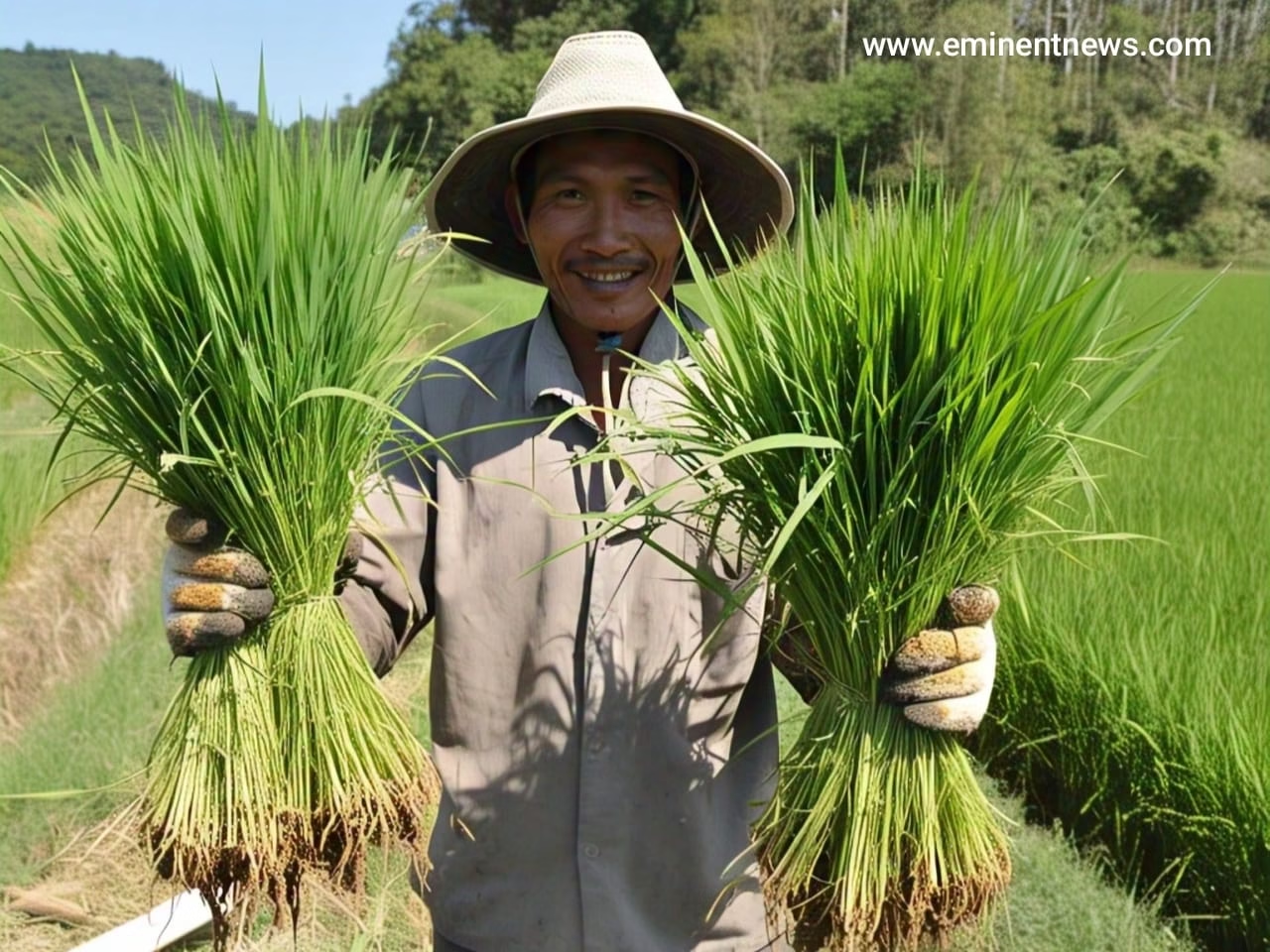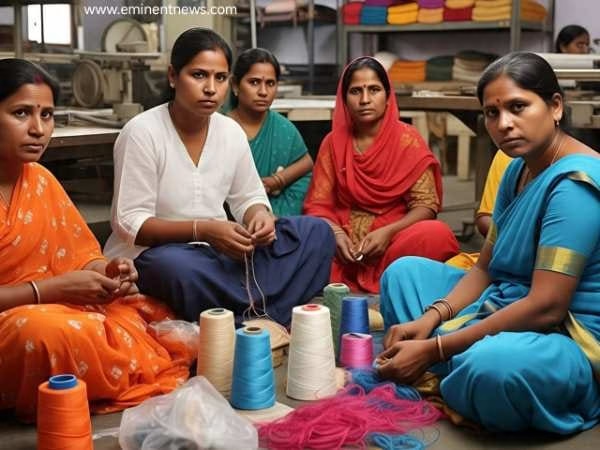Genome-edited rice varieties are developed using advanced techniques to precisely modify the rice plant’s DNA, enhancing desirable traits like yield, climate resilience, and disease resistance . Unlike genetically modified (GM) crops, genome-edited varieties often do not contain foreign DNA, which can ease regulatory concerns .
Key Developments and Benefits:
- India’s Pioneering Role: India has become the first country in the world to develop genome-edited rice varieties .
- Varieties Developed: The Indian Council of Agricultural Research (ICAR) has developed two genome-edited rice varieties: ‘DRR Dhan 100 (Kamala)’ and ‘Pusa DST Rice 1’ .
- Enhanced Traits:
Pusa DST Rice 1: Exhibits salinity and alkalinity tolerance, yielding 30% higher production under saline conditions .- Both varieties are considered climate-smart and climate-resilient, with the potential to reduce greenhouse gas emissions and save water .
- Yield Improvement: (
Pusa DST Rice 1)has recorded an average paddy yield of 3.508 tonnes/hectare . ‘Kamala’ recorded an average yield of 5.37 tonnes per hectare, outperforming its parent variety . - Environmental Benefits: Cultivation of these varieties is expected to save water and reduce greenhouse gas emissions . It is estimated that adopting these varieties in about 5 million hectares could save 7,500 million cubic meters of water and reduce greenhouse gas emissions by 20% (32,000 tons) .
- Regulatory Status: In India, genome-edited crops that do not contain foreign DNA are exempt from the stringent biosafety regulations applied to genetically modified organisms, which allows for quicker approval and deployment .
- CRISPR-Cas Technology: These varieties are developed using CRISPR-Cas9 technology, which allows for precise changes to existing genes without introducing foreign DNA .
- Global Impact: These developments are expected to inspire global advancements in leveraging biotechnology for the benefit of small-holder farmers .
Concerns and Opposition:
- Safety Concerns: Some organizations have raised concerns about the safety of genome-edited rice, alleging potential harm to humans and irreversible damage to the environment .
- Lack of Testing: Critics argue that these varieties are being released without sufficient independent testing and public scrutiny, and that claims of climate resilience have not been verified through long-term field trials .
In summary, genome-edited rice varieties offer a promising avenue for enhancing food security and promoting sustainable agriculture by improving crop yields and climate resilience. These varieties are not genetically modified . However, some stakeholders have raised concerns about safety and the need for thorough testing . For science & technology news click www.eminentnews.com

























